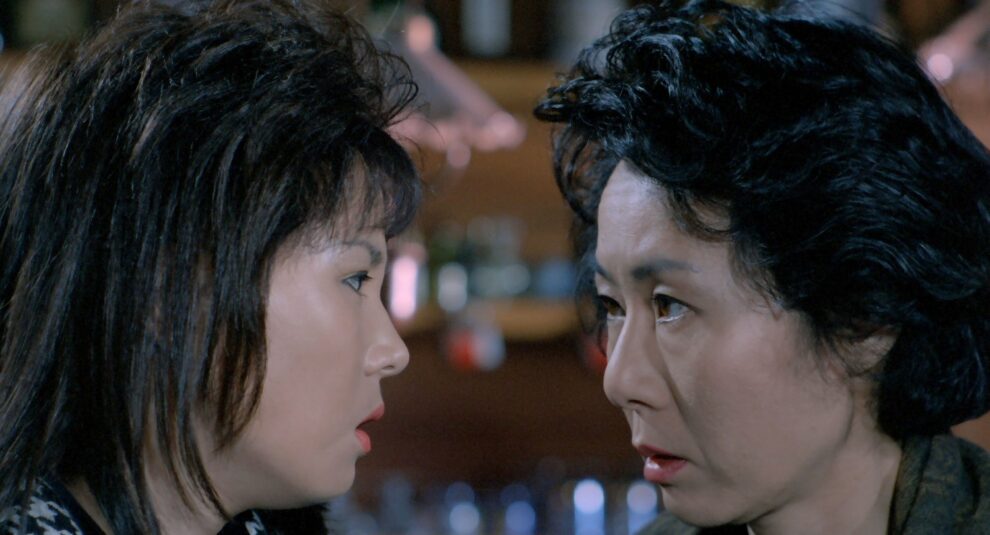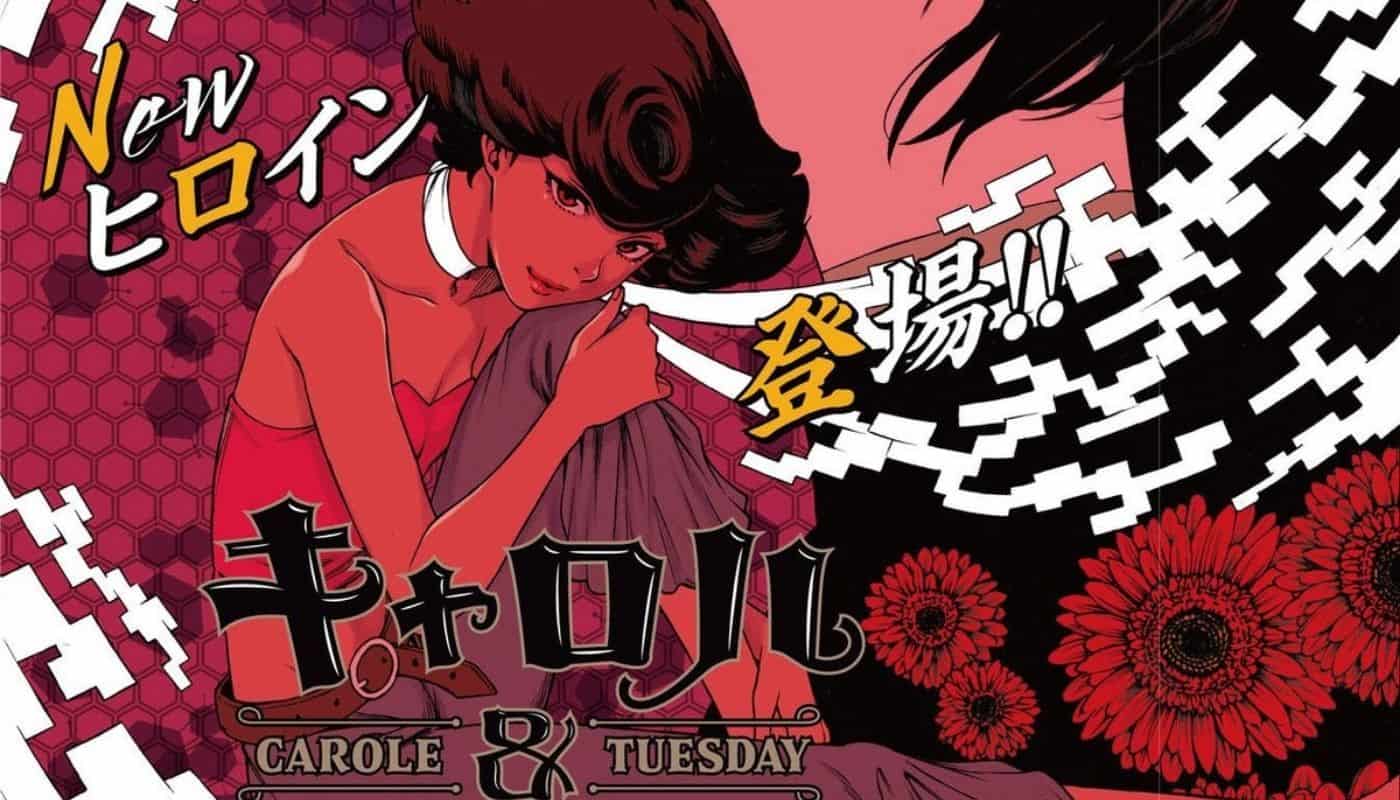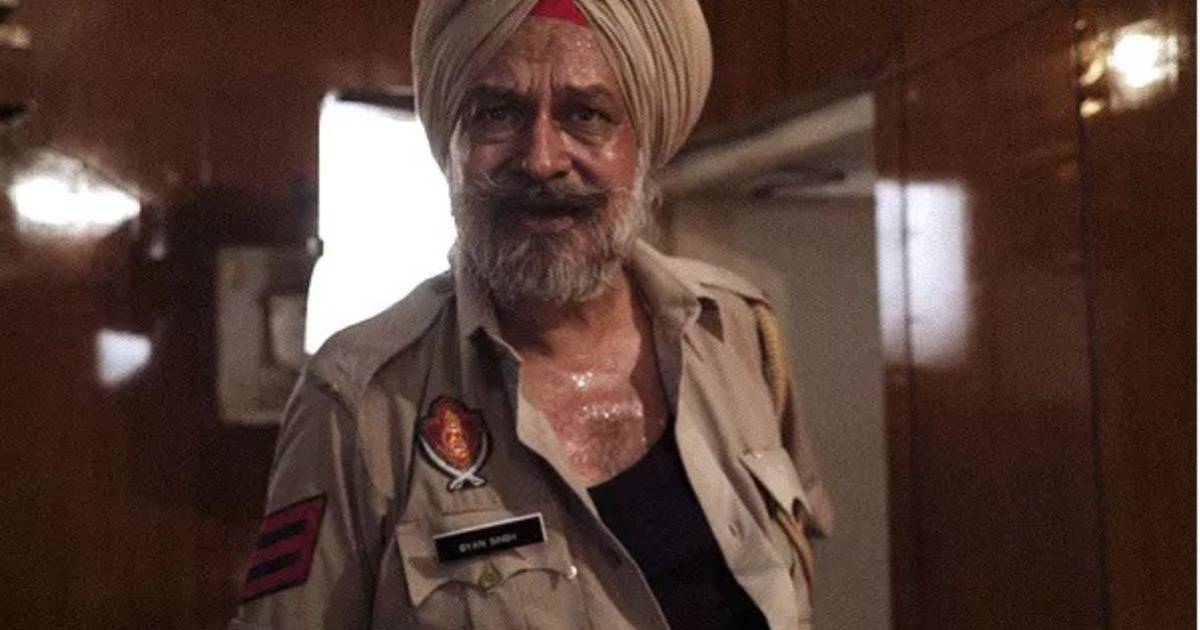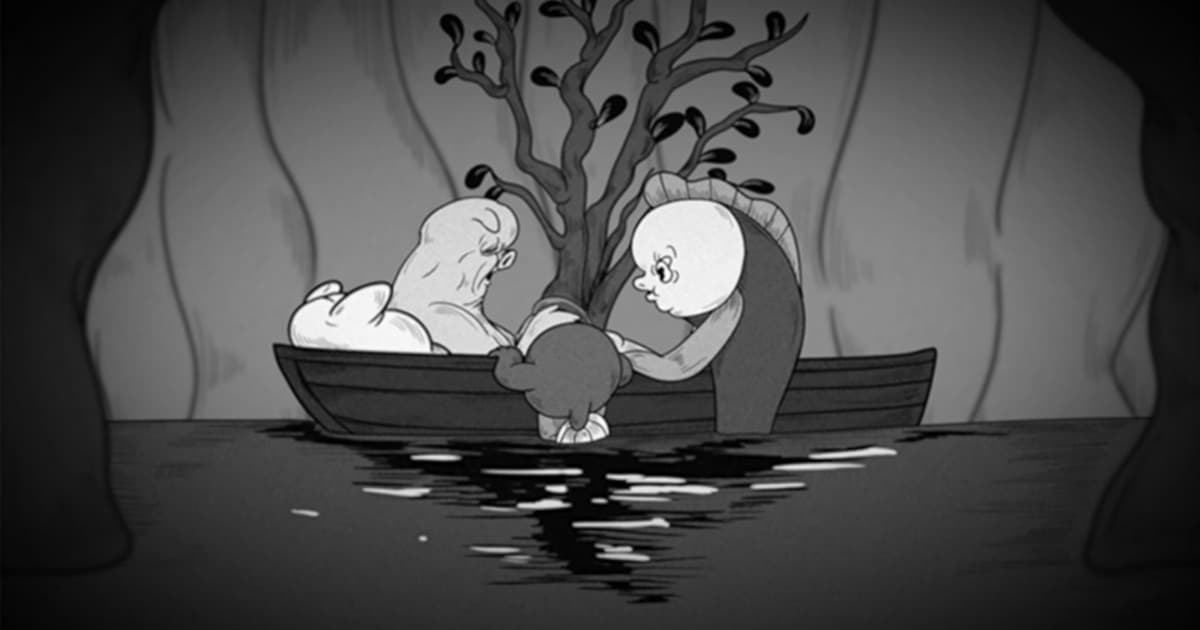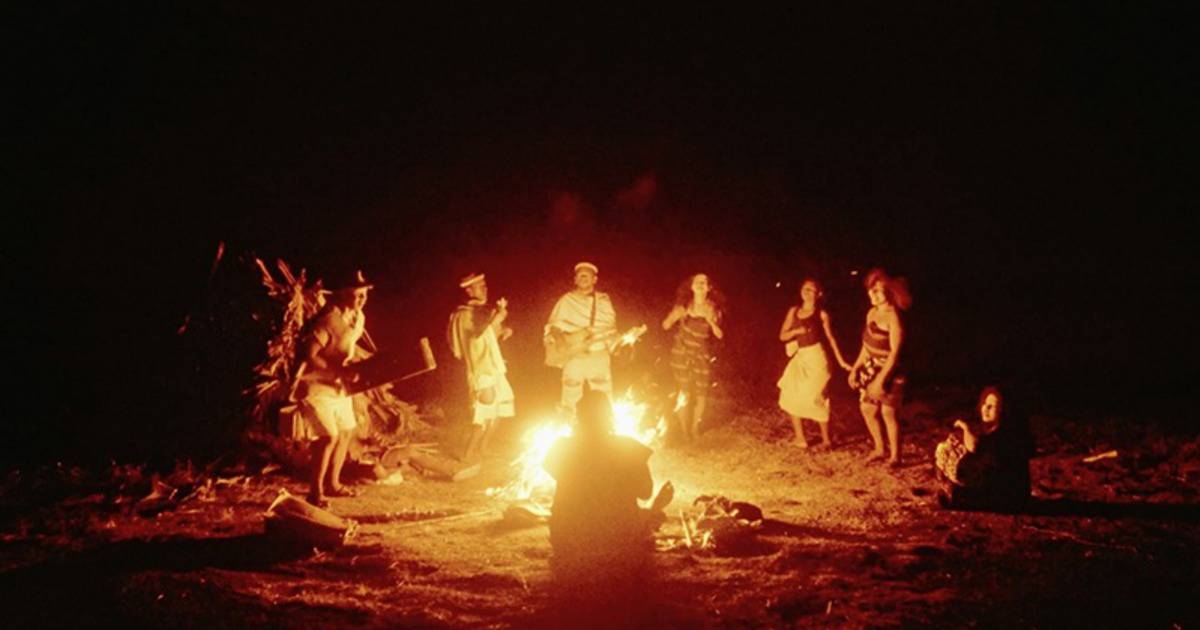Kim Ki-young will be forever remembered for one of the undeniable Korean masterpieces, 1960's “The Housemaid”. Recently, however, and particularly after Youn Yuh-jung won the Oscar for “Minari”, much light was shed to some of his previous works that included her in the starring roles, “Woman of Fire” and “Insect Woman”, both well accepted films that featured a narrative similar to that of “The Housemaid”. On the other hand, “An Experience to Die For”, the third collaboration between the two, was made in 1990 as Kim's last work, but was not released as he is said to have been disappointed with the outcome and decided not to release it. The film was submitted to the censors twice — once in 1990 and again in 1995, but was not screened for the public until the 1998 Busan International Film Festival, following Kim's untimely death in a house fire.
“An Experience to Die For” will have two days screening at Metrograph as North America premiere – May 17 & 19, and also will be available at Metrogrpah at Home for one month from May 17.
The rather complicated story revolves around three women and two men, who find themselves connected initially by chance, but eventually due to the issues they all face. Yeo-jeong stumbles upon Gil-nyeo when they crash their cars during their driving lessons. A bit later, they meet again, when the latter is trying to frame Myung-ja, another young woman, in a supermarket, and Yeo-jeong takes her place. It seems that Gil-nyeo, a barwoman, has had an affair for years with Myung-ja's husband, Won-seok, even having three daughters with him, unbeknownst to his wife, who also had to face the scorn of his parents for not giving him a child. The aforementioned frame is part of Gil-nyeo's plan to give Won-seok (and his parents) an excuse to divorce Myung-ja, a plan that actually succeeds.
Myung-ja, however, finds unexpected help from Yeo-jeong once more, as she decides to help her face her adversary, particularly after Gil-nyeo attacks Myung-ja with her car. Eventually, Yeo-jeong is revealed to have an agenda of her own, wishing to have her husband murdered, since she blames him for their son's death, while she also retains an affair with a painter, Hwa-baek, and a number of others with young men, trying to get pregnant again, despite her age. Her husband, Dong-shik, along with a mysterious man who seems to always be with him as his enforcer, frequently follows her and ‘punishes' her lovers. In the end, Yeo-jeong tries to convince Myung-ha to kill him in exchange for her help, but when it becomes evident that she is not able to be as violent, Yeo-jeong suggests she uses her sexuality to do so.
Check also this article
Evidently, the story here is rather convoluted and unnecessarily complicated, with a number of the aspects that form the narrative and progress the story making very little sense. The value of the whole thing, though, lies more in its individual elements, and particularly the comments Kim Ki-young makes throughout the movie and the presentation of the women in it.
To begin with, the fact that Myung-ja, who is the epitome of the victim throughout, finds herself in the midst of two women who can easily be described as femme fatales, and the fact that the two of them end up clashing, is quite intriguing to watch, also because the upper hand changes a number of times. The way her interactions with Gil-nyeo are straightforward from the beginning, but the ones with Yeo-jeong change radically, as the latter appears initially as a helping hand but eventually becomes an exploiter, is also rather interesting. In that fashion, it is easy to say that the interactions of the three form the most appealing aspect of the movie, additionally for the rather surprising events that take place among them.
At the same time, and despite the differences in their mentality, that all of them are slaves to the patriarchy and the omnipresent Confucian values of Korean society, one way or the other, makes a very pointed comment about the place of women in (the then) Korean society. Particularly the necessity for motherhood as the woman's main purpose in life as being criticized significantly, although even that does not provide a solace for Gil-nyeo.
Kim Ki-young's films always had sex among their main themes, and “An Experience to Die For” is not an exception. In that regard, it is interesting to see how the three protagonists implement it. Yeo-jeong sleeps with men in order to find a solace for her grief, and to become pregnant again, despite the fact that the latter seems almost impossible. Gil-nyeo uses sex in order to attract men and find a ‘protector' although she totally failed in that regard with Won-seok, instead ending with three kids she has to raise on her own, Lastly, Myung-ha, evidently the most beautiful of all, does not know how to use it and thus ends up a victim, at least until her ‘ally' forces her to exploit her appeal.
Considering the above, it becomes evident that acting plays a crucial role here, and it is easy to say that all three of the protagonists do a splendid job, despite the issues with the writing of the characters. Youn Yuh-jung as Yeoh-jeong presents a kind of sinister apathy with gusto, while Lee Tam-mi as Myung-ha plays the victim quite convincingly. Jo Ju-mi as Gil-nyeo is also quite good as a woman who is essentially forced to become evil. Kim Byeong-hak as Won-seok plays a man who is bound by tradition due to his parents and is in general weak, always being driven by others and lashing his frustration towards his wife, the only person in his life who seems to be weaker than him. Hyun Kill-soo as Dong-shik is one of the main sources of the noir element of the movie with his enigmatic attitude, but also a character that is bound by the illogicality that permeates the narrative. Particularly the scene with Myung-ha, which is the apogee of his role, is badly written and presented, impacting his performance which is also convincing otherwise.
“An Experience to Die For” is available from Echelon Studios

Also of note here is the cinematography, with Ham Nam-sub implementing the usual flair found in Kim Ki-young's films, particularly in the erotic scenes, which follow a somewhat surrealistic approach. The trademark splashes of color are here once more, with the reds dominating, although this aspect is quite toned down here, when compared with the director's previous works. Hyeon Dong-chun's editing results in a relatively fast pace, which does add to the overall illogicality here, though.
Despite some significant issues, “An Experience to Die For” definitely remains a film worth watching for its acting and overall comments, and as another daring presentation of sex as a driving force for people's actions, in a cinema that was still quite conservative in that regard at the time.


